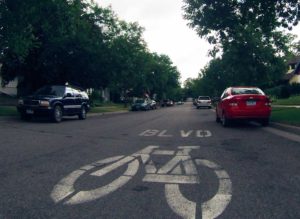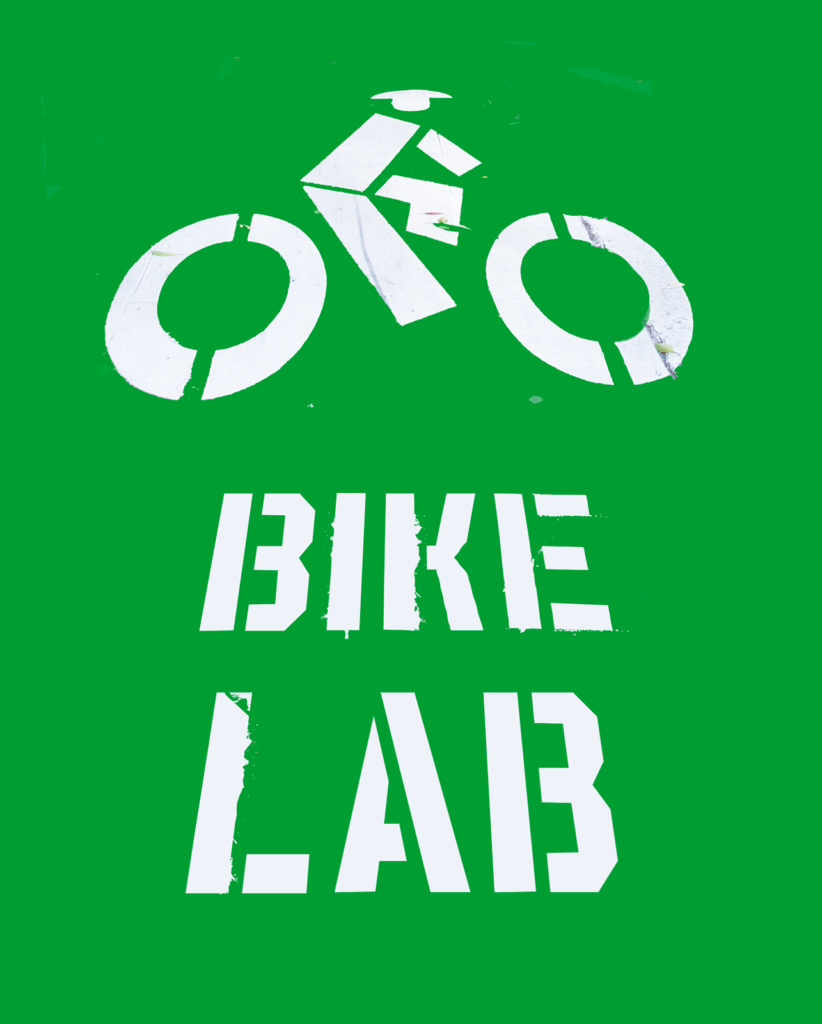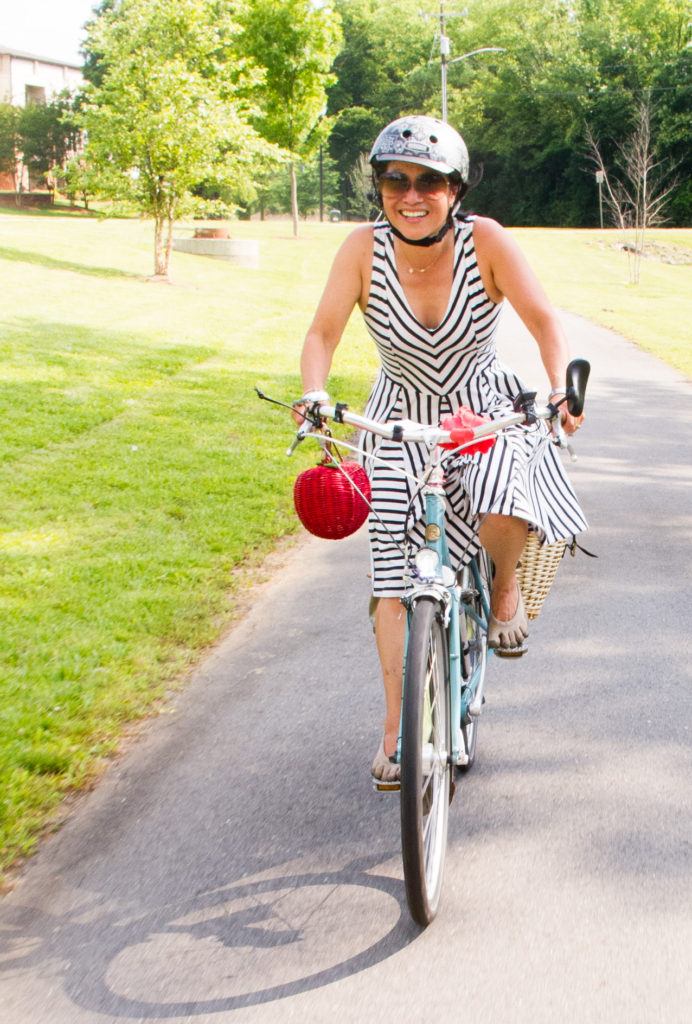
I got to meet with Jessica Treat, who’s had a number of bike and transit-oriented positions in the Twin Cities; she’s currently the executive director of a Saint Paul non-profit called Transit for Livable Communities. She’s very politically involved and we had a great talk about the political differences between Minneapolis and Saint Paul and how they play into infrastructure decisions. Echoing what I heard from Reuben about keeping Saint Paul boring, Jessica said that Saint Paul tends to be “parochial” and resistant to change. She recounted the story of getting the Charles Avenue bike boulevard approved, work that she participated in as part of the Friendly Streets Initiative. I rode Charles Avenue, and if I hadn’t met with Jessica, I never would have thought it was the subject of a controversial, three-year-long process. Frankly, there isn’t much there other than sharrows and a couple of median cut-throughs where Charles crosses arterials. It feels like the kind of facility that would have been built 20 years ago in the Bay Area, more than anything that bike advocates would be striving for today. The fact that it was so controversial tells a lot about the participation gap between Minneapolis and Saint Paul.
Jessica also founded Saint Paul Women on Bikes, and advocated in that role for various street projects, and the adoption of the Saint Paul Bike Plan. There has been a fair amount of research done on the “gender gap” in cycling; men bike more then women, though because our data suck we don’t know exactly how much more. Different studies show gaps as low as 57-43% or as high as 75-25%. But everyone agrees that women are less likely to bike, and are more likely to be concerned about the safety of the roads they use. (According to the ZAP data, they’re also less likely to ride after dark in Minneapolis, which may be related to safety concerns other than traffic).
Various commentators have suggested that female cycling rates in a city are an indicator of healthy infrastructure, or that women’s concerns should be specifically targeted as a matter of policy. Biking uber-pundit Jennifer Dill (Portland State) did a great study on revealed route preferences of cyclists in Portland that showed significant gender differences in willingness to accept longer travel distances in exchange for a more pleasant (or perceptually safer) route.
Things appear to be changing in Saint Paul; the most recent city council votes on bike projects resulted in 5-1 approval votes. The advocates are starting to shift from fighting for crumbs to pushing for more ambitious projects.


